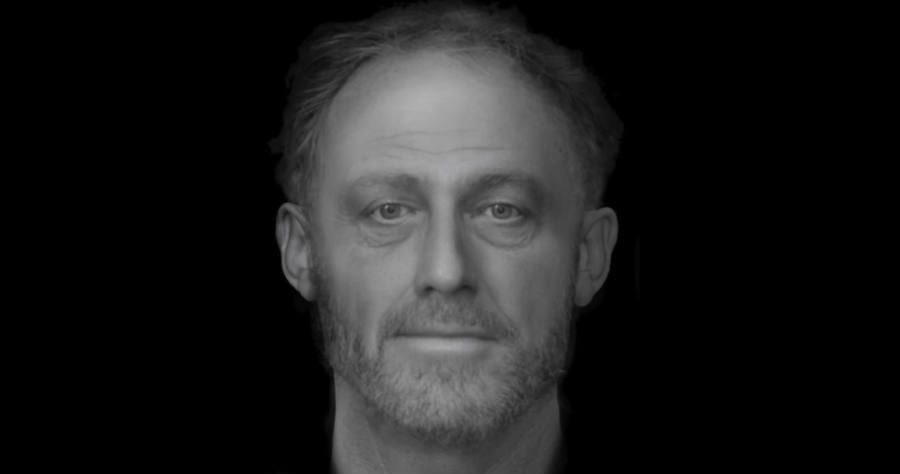At this year’s Cambridge Science Festival, researchers from the University of Cambridge and the University of Dundee reconstructed the face of Context 958, an ordinary man who died over 700 years ago in medieval England.
The facial recreation was carried out by Cambridge’s Division of Archaeology in collaboration with Dundee’s Centre for Anatomy and Human Identification. Specialists determined the man was just over 40 years old when he died.
Context 958’s face was the main product of the ‘After the plague: health and history in medieval Cambridge’ project, helmed by Professor John Robb of the Division of Archaeology. Over 400 skeletons were found and unearthed along with the 700-year-old man.
Who is Context 958?
The center of the collaborative project between Cambridge and Dundee was a rare specimen because he was actually from the lower class. Context 958, unlike most of the corpses from his time, was a working-class 40-year-old commoner.
Found on what is now the Old Divinity School of St. John’s College in Cambridge, the man is thought to have been a patient of the Hospital of St. John back in the day.
The dead were buried in the cemetery placed in the facility’s backyard which came to be part of the campus where now the Old Divinity School sits. Context 958 was buried face down, a weird practice for burials in medieval times.
He was found with another 400 skeletal remains or so, all former patients of the Hospital which treated the sick, the poor, and the homeless. Scientists determined a couple of details about the man’s life analyzing his teeth and bones.
Context 958 was a robust man according to researchers, and the wear of his bones has led them to believe he worked some kind of hard labor job that eventually left him impaired and in the care of people at St. John’s.
Judging by his teeth, archaeologists suggest he was necessarily some type of craftsman, and his diet was based on meat and fish.
Scientists want to understand how was the life of an ordinary man in medieval times
By analyzing his skull and some other dental details, scientists were able to tell that Context 958 had a healed trauma on the back of his head and that he had suffered some sort of illness during his youth.
The ‘After the plague’ project is dedicated to unearthing this forgotten aspect of medieval life. Records and archaeological research all center mostly on nobles or people from the higher spheres of society, while there are little studies focused on ordinary people like this man.
British scientists from several fields will analyze the remaining skeletons over a period of four years. They will also take a look at the impact of the Black Plague on Cambridge society using the remains as a sample population.
Source: University of Cambridge



